Tips for New Puppy Owners
Tips for New Puppy Owners
Congratulations on making the decision to add a puppy to your family! Puppies require lots of love, care, and attention to become the best doggos they can be. Being a first-time pet owner can be intimidating, but these five tips will help you gain confidence and start your pup off on the right paw.
Create A Routine
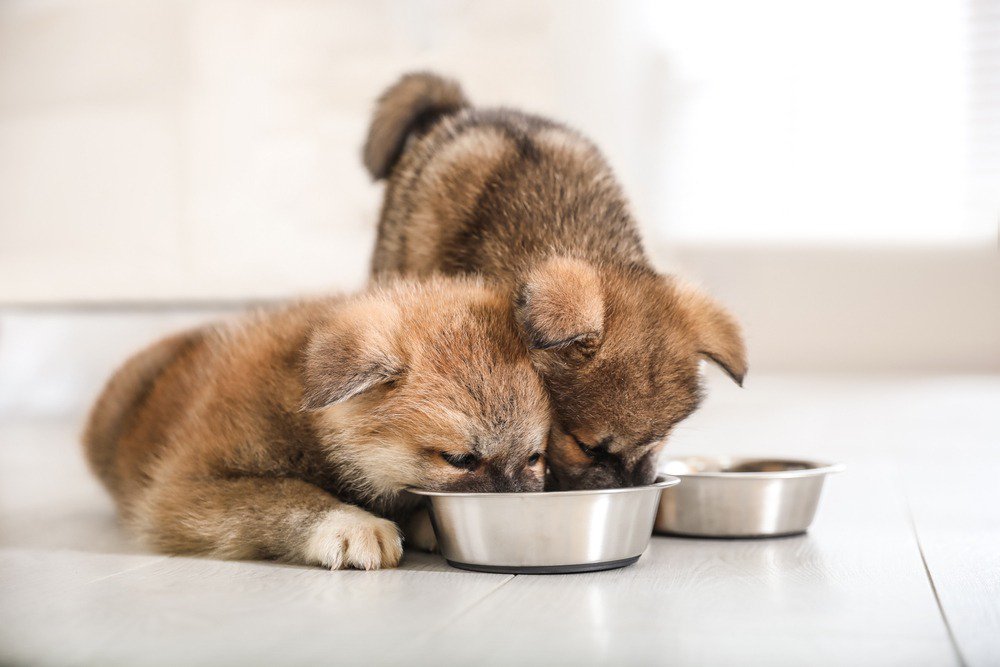
Routines are very important for your puppy; it helps them know what to expect for the day ahead! Setting mealtimes, nap times, times for walks, playtime, and bedtime will benefit both you and your puppy.
Having a routine will also help with potty training. Take your pup outside immediately after each meal, right after they wake up from a nap, after training, and before and after bedtime. Be sure to give them lots of praise when they go potty outside and take them outside to 'do their business' often.
Training
When training your puppy, use consistent, one-word commands. If one family member uses the command 'sit' and someone else uses the command 'down' for the same action, it can get pretty confusing for a young dog. Remember, consistency and patience are key! Start with the basics, like sit, stay, down, and use positive reinforcement. It's also beneficial to keep training sessions short and fun.
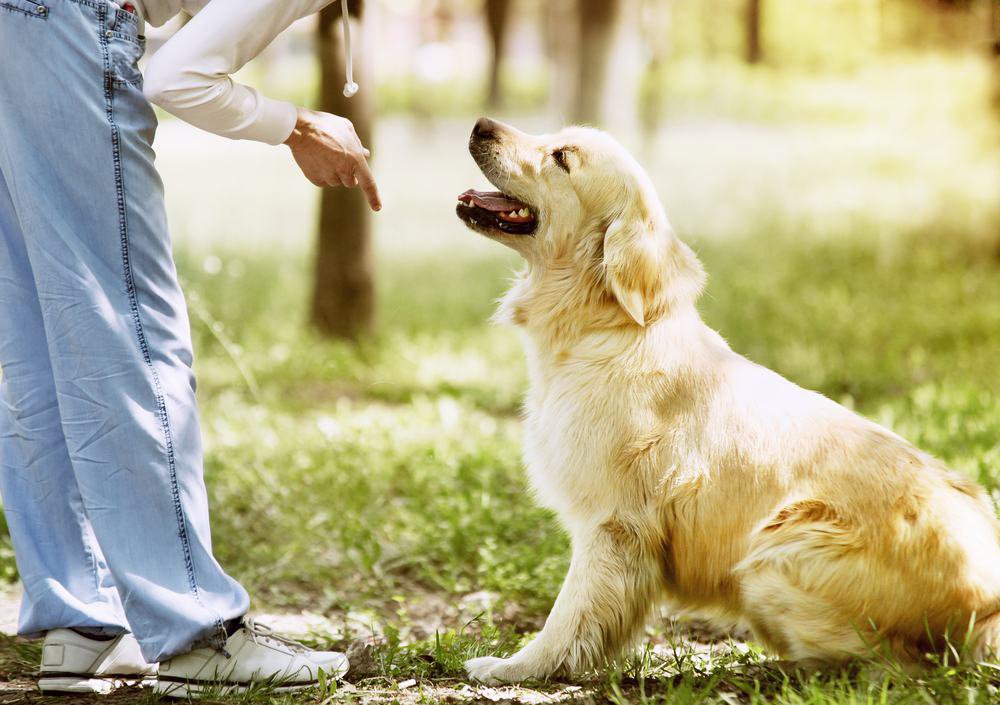
Proper Socialization
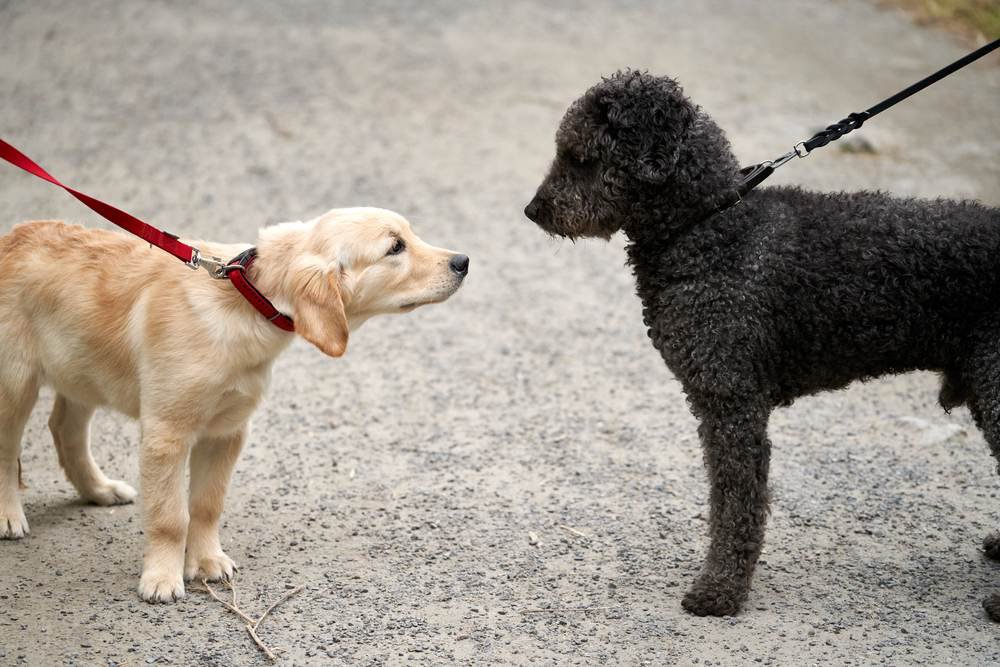
Bringing your puppy home is an exciting time, and many pet owners can't wait to show off their new puppy. However, it's best to give your pup some time to get used to their new family and home before having big get-togethers. Slowly and safely introducing your pup to new people, places, and things (once it's safe to do so and they have all their vaccinations) is recommended – you don't want to overwhelm them! Remember, everything is brand new from a puppy's point of view. When introducing your puppy to new things, make it a positive experience with lots of praise and treats. To learn more about how to properly socialize your puppy, check out our blog.
Give Your Pup Their Own Space
Dogs naturally spend time in dens, and a crate helps mimic that safe space for our canine companions. Having a crate for your puppy gives them 'their own space' where they can relax. It also provides a safe environment for your puppy to spend time in if you're busy or away from the house.
Crate training can also help with potty training. It's important to have the right-sized crate when housetraining your pup. You don't want it to be too big, or the puppy may go to the far side to relieve themselves. The crate should be large enough for them to comfortably stand up, lie down, and turn around.
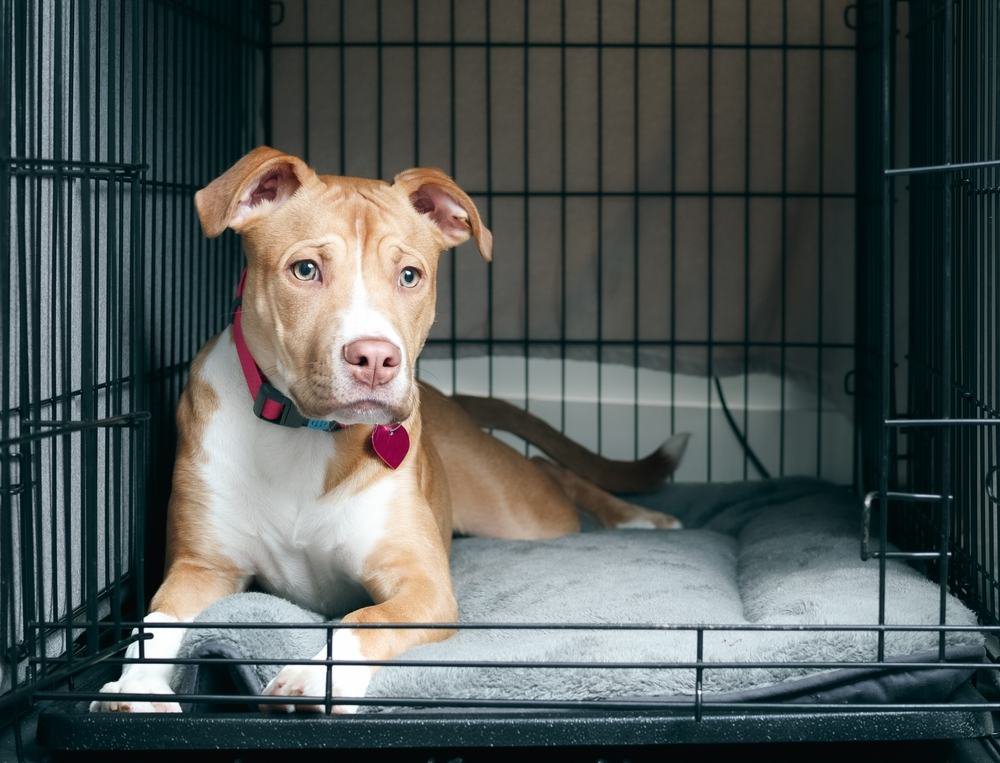
Puppy-Proof Your Home
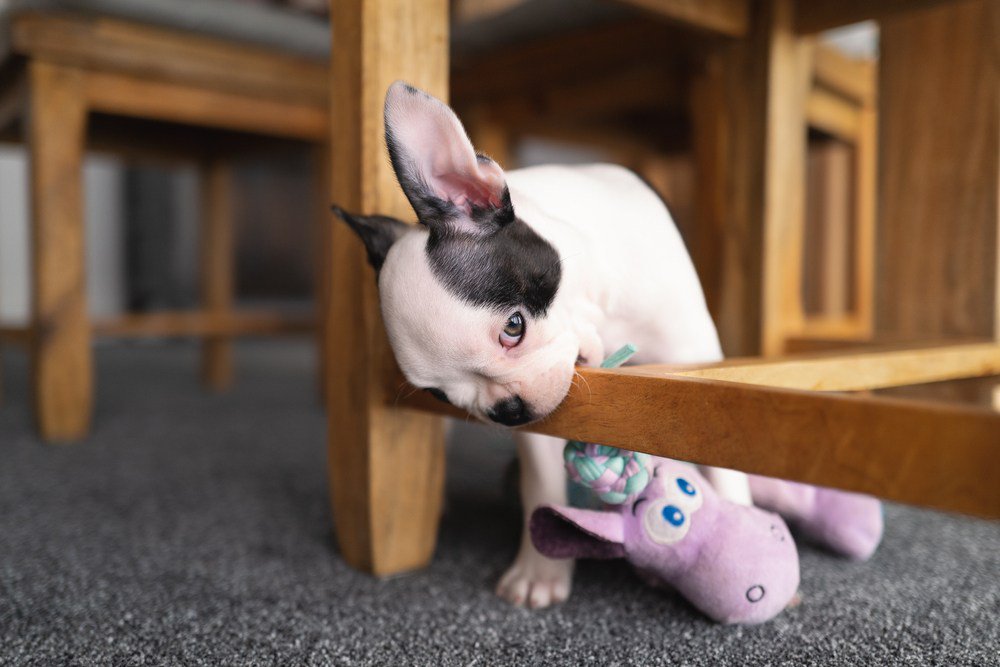
Before your puppy comes home, puppy-proofing your space will help create a safe environment for your new furry family member. A few key things to look out for when puppy-proofing your home include:
- Unplugging, covering, or moving electrical wires out of a puppy's reach.
- Checking if your plants are pet-safe – many common houseplants are toxic to our furry friends.
- Keeping medications and cleaning supplies securely locked away.
- Ensuring garbage is covered and stored away from curious puppies.
Following these five tips will help a first-time puppy owner gain confidence and help set you and your pup up for a lifetime of success. If you have any questions about your puppy or tips for bringing your puppy home, the experts at The Family Puppy are happy to help!
